Without doubt, Jo Callis is one of the unsung heroes of the Synth Britannia era. The Rotherham born guitarist first found fame during the post-punk era with THE REZILLOS.
Formed in Edinburgh where Callis was studying at the local college of art, they scored a Top 20 hit ‘Top Of The Pops’ in 1978. THE REZILLOS fragmented after one album so Callis formed SHAKE and then joined BOOTS FOR DANCING before releasing a solo single ‘Woah Yeah!’ in 1981. His manager when he was in THE REZILLOS was Fast Records supremo Bob Last who also looked after THE HUMAN LEAGUE.
Following the well documented split between Phil Oakey and Adrian Wright with Martyn Ware and Ian Craig Marsh in 1980, the former pair continued as THE HUMAN LEAGUE with Ian Burden recruited as an additional musician plus Joanne Catherall and Susanne Sulley as backing vocalists.
Despite this line-up recording the band’s first Top 20 hit in ‘The Sound Of The Crowd’ under the production supervision of Martin Rushent in 1981, THE HUMAN LEAGUE felt they could benefit from the input of an experienced songwriter… enter Jo Callis! He joined just in time to record the Top 5 breakthrough single ‘Love Action (I Believe in Love)’ although he did not feature on the single’s cover photo.
His first public outing as a songwriter for THE HUMAN LEAGUE was with the psychedelic synthpop hit ‘Open Your Heart’. The parent album ‘Dare’ was released shortly after and has since being hailed as an iconic recording of the period.
Jo Callis’ three year tenure with THE HUMAN LEAGUE directly contributed to their imperial phase; classic numbers in The League’s catalogue such as ‘Seconds’, ‘Darkness’, ‘Hard Times’, ‘Mirror Man’, ‘(Keep Feeling) Fascination’, ‘The Lebanon’, ‘Life On Your Own’ and ‘Louise’ were all co-authored by him. But his most famous song with the Sheffield electronic pioneers was ‘Don’t You Want Me?’ which reached No1 in both the UK and US charts.
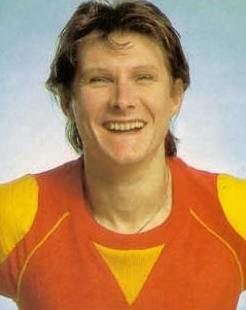 However, after a difficult gestation for ‘Hysteria’, the follow-up album to ‘Dare’, Callis left THE HUMAN LEAGUE in 1984 to concentrate on his own songwriting.
However, after a difficult gestation for ‘Hysteria’, the follow-up album to ‘Dare’, Callis left THE HUMAN LEAGUE in 1984 to concentrate on his own songwriting.
Post-League, Callis co-wrote FEARGAL SHARKEY’s ‘Loving You’ before partially returning to THE HUMAN LEAGUE in 1990, penning two songs ‘Heart Like A Wheel’ and ‘Get It Right This Time’ for the ‘Romantic?’ album. Another Callis co-write ‘Never Again’ appeared on 1995’s ‘Octopus.
More recently, Callis has been in the news in his adopted homeland as a result of ‘Don’t You Want Me?’ being adopted as a football crowd anthem by the supporters of Aberdeen FC. The song was given a boost in download sales as a result of The Dons victory in the 2014 Scottish League Cup.
With his profile at its highest since his HUMAN LEAGUE days, Callis is about to return to the live circuit with his new band FINGER HALO, playing alongside ANALOG ANGEL at Glasgow’s Classic Grand on FRIDAY 15TH AUGUST 2014. Now well and truly “back-Back-BACK”, he kindly chatted to ELECTRICITYCLUB.CO.UK about his career.
THE REZILLOS made it into the Top 20 with ‘Top Of The Pops’ in 1978 but briefly, what happened that led you into becoming a free agent in 1981?
THE REZILLOS split up (mid tour) around 1979, probably at my instigation more than anything else. From there, I formed SHAKE along with former REZILLOS rhythm section Ali Paterson and Simon Templar, and remained signed to Sire, THE REZILLOS’ former label. With the addition of Troy Tate (later of TEARDROP EXPLODES fame) on guitar, we released a four track EP followed by a single ‘Invasion Of The Gamma Men’ and gigged quite consistently.
The initial EP was pretty well received and the lead track ‘Culture Shock’ garnered a fair amount of Radio1 airplay. But with little record company support, things eventually just fizzled out. Broke, we eventually parted company with Sire.
From there, I joined local indie leftfield punk / funk outfit BOOTS FOR DANCING, whom I really enjoyed playing with. They could have been contenders, but bottled out of going for gold so to speak, so there was no future there for myself. Around the same time I had also been making in-roads into The League camp, who were in the process of re-inventing themselves after a split up scenario of their own, with a view to help them with new material.
What did you think when you were first offered THE HUMAN LEAGUE job by Bob Last and told you’d have to play a synth?
My memory of events here is that I simply got together with Adrian Wright, whom I was friendly with at the time, in order to do a bit of writing, which led on to my quite significant contributions to THE HUMAN LEAGUE’s canon of tunes. Although, with hindsight, I guess that the ‘svengali’ Bob Last would have certainly been pulling a few strings and making some subliminal suggestions behind the scenes, and certainly encouraging my association with Adrian.
Around that time I was also feeling a little jaded with the guitar, particularly as an instrument for composition, and felt that a change was in order. I wasn’t exactly sure what kind of change, but the opportunity of The League, synths and moving with the times certainly appealed.
Is it true Martyn Ware showed you how to use a synth at Monumental Pictures studio?
Yep, with the then fledgling HEAVEN 17 / BEF still sharing the same studio space as the ‘new’ League, Martyn Ware kindly spent a day running me through all the basics of subtractive synthesis, and also pointing me in the direction of the keyboard playing equivalent to Bert Weedon’s legendary guitar tome ‘Play In A Day’ (in another move encouraged by the venerable Mr. Last no doubt). I had soon purchased a second hand Roland SH09 synth, and began patching away when at home in Edinburgh.
Did you have a favourite synth?
I still have a great love for the old SH09, its big Bro’ the SH2 and its progeny the SH101. But the Roland Juno 106 is still hard to beat. I do still have (hopefully) working examples of ’em all. Although primarily a vintage Roland fan, I do have the odd bit of Korg and Yamaha kit, and of course the wonderfully proletarian Casio VL Tone… required equipment in my League days, we all had one in our make up bags!
Did you ever feel the tension between the two parties as the shifts changed at the studio?
Oh yes, but more in general. We would all hang out together in my early days with The League whilst in Sheffield writing the material that would ultimately comprise ‘Dare’ etc. It all seemed quite light hearted initially, but I was aware of quite deep rooted competition and rivalry between Philip and Martyn. But there was a mutual degree of respect all round.
I had to laugh really, having come out of a fairly similar situation myself recently and being aware that Bob Last had carefully handled THE HUMAN LEAGUE split with the benefit of knowledge gained from the chaotic split up of THE REZILLOS, Bob having managed both bands. So there were no handbags at twenty paces, unlike the biliousness of THE REZILLOS’ break up which was arguably fuelled by the divisive music press of the day – I did feel I was somewhere between a rock and a hard place on occasion though.
What was the creative dynamic between you, Phil Oakey, Adrian Wright and Ian Burden?
With Adrian, I would generally pick out the best of his formative ideas, develop them with him and add parts etc.
Phil and I would often find that we could graft together independent ideas we had, which would compliment each other… or else Phil would add lyrics and melody to one of my backing tracks which would just have a working title – ‘The Lebanon’ for example, came about in this way, even retaining the original title in the finished article.
With Ian, himself being a (very good) bass player and myself a guitarist, we could plug into amps and jam out ideas old school stylee sometimes. And when Jim Russell (originally Martin’s engineer, then later a band member), a seasoned drummer who’d played with the like of CURVED AIR and MATTHEWS SOUTHERN COMFORT was around, we’d have a power trio and just jam all day…
Joanne and Susanne contributed to the quality control, they were very down with what was happening in the clubs and what ver kids were digging at the time, so if they liked what they heard, then it was definitely worth persevering with. They were total Duranies then, and had previously been BAY CITY ROLLERS fans (a fine Edinburgh band – check out their version of ‘Rock & Roll Love Letter’). But their big love was JAPAN. Strangely, we seemed to listen to a lot of Grace Jones and JUDAS PRIEST during the writing of ‘Dare’.
What was the first song you wrote for THE HUMAN LEAGUE?
‘Open Your Heart’, if memory serves – originally started on the guitar and provisionally entitled ‘Women & Men’.
Legend has it that Phil freaked when he saw you brandishing a guitar during the recording of ‘Don’t You Want Me?’?
Ha! Axeophobia I believe it’s called, a rare condition and one most unusual in the case of a JUDAS PRIEST and SAXON fan! I remember Phil once saying: “I’d happily have you play the guitar on tour Jo, so long as the jack lead is only six inches long”. Classic! I feel he probably suffered from the much more common complaint; ‘Callisophobia’.
The main riff of ‘Don’t You Want Me?’ was appropriated from the guitar line of ABBA’s ‘Eagle’? Discuss!
Aha! The passage to which you refer to is definitely ABBA inspired and was originally the bassline to the bridge section of ‘DYWM’ – the “Don’t, Don’t You Want Me, You know I don’t belieeve it! Etc” bit. Martin Rushent picked it up and turned it round and made it into the top line of the intro passage… so it’s all his fault, ‘onest Guv!
How do you look back on the ‘Dare’ album now?
With my head tilted to the right, and squinting with one eye. ‘Dare’ was the result of a unique coming together of an unlikely bunch of switched on, eccentric, bloody minded individuals who, against all odds and with no great ‘industry’ expectation, created a truly wonderful work of electro glam pop – timeless, wonderfully sparse, most influential, and a true combined vision, very much the sum of its parts.
How were those ‘Dare’ tour dates, especially with those temperamental synths and taking the Linn Drum Computer out live?
Tours can be the absolute best and worst times of your life condensed into a relatively short period of time – so, careful what you wish for sometimes. We fortunately had a terrific tech and road crew on the ‘Dare’ tour which eased a lot of the potential pain, no MIDI or computer sync in them days. We had to have the Linn Drum reloaded (by cassette tape) half way through the set as its memory could not contain the entire show, we switched to the Roland TR808 for one song during the reboot! The synths all seemed to perform reliably and well, despite the abuse I would give mine on occasion. Made from Tiger tank and Me262 parts them Roland Jupiter 8s!
Things seemed to be going swimmingly for the follow-up album with the releases of ‘Mirror Man’ and ‘(Keep Feeling) Fascination’, but it all started falling apart around the recording of ‘Hysteria’?
That’s right, it was all taking far too long and frustration was setting in. We had to try and follow the unexpected success of ‘Dare’ and I think a fear of failure began to loom. The pressure maan!
The two versions that were released of ‘I Love You Too Much’ indicated there was some confusion in the band over direction?
That track actually had a synth playing back through a guitar Wah Wah pedal on it – which was my idea. As I recall the first version on the ‘Fascination!’ import EP was produced by Martin Rushent and the ‘Hysteria’ version was by Chris Thomas… or was it Hugh Padgham?
‘The Lebanon’ had a bit of a mixed reaction didn’t it?
I love a bit of contention, it was pretty much guitar driven, which is down to me again, but I think it sat okay in The League repertoire and Phil was actually quite enthusiastic about the style and direction it took. It went down well with the BIG COUNTRY / SIMPLE MINDS / U2 crowd of the time, almost a bit of a crossover track. The music press of the day, particularly the NME were fond of ripping the pish out of the lyrics, but in a very affectionate and ‘onside’ way. I still think it’s possibly the strongest tune on ‘Hysteria’, and one I’m very satisfied with personally.
Martin Rushent left the sessions apparently over something Susanne said… what was the straw that broke the camel’s back in your case?
I tried so hard to keep everyone together at that time, we weren’t too far away from having a follow-up album finished with Martin, I thought I’d managed to patch the ship up so to speak at one point, but things soon fell apart again.
Do you look on the ‘Hysteria’ period with much affection?
Not greatly.
When THE HUMAN LEAGUE said they wouldn’t tour ‘Hysteria’ because they couldn’t perform your songs without you, what that just an excuse on their part?
Never heard that one before… dunno really.
You sort of returned for ‘Romantic?’ in 1990… how did you come to contribute ‘Heart Like A Wheel’? and ‘Get It Right This Time’ ?
I’d always left things open ended, and had said I’d always be happy to contribute to writing at any time. I did initially offer them a song called ‘One For The Angels’ for ‘Crash’, the album after ‘Hysteria’, but they didn’t take it – perhaps not quite enough water had passed under the bridge by then, but I’d had such a good response from publishers etc.
With ‘Heart Like A Wheel’, and having been working a lot myself on various projects with Martin Rushent at Genetic Studios around that time, when The League came to thinking about the follow up to ‘Crash’ (which would become ‘Romantic?’), I thought there might be a good opportunity to try and get ‘the old team’ back together again, which I did manage to achieve for a couple of tunes at least. I was kind of middle man there, having a foot in both camps – helping The League out with a bit of writing now and then, and working on various production / writing projects with Martin.
I also co-wrote ‘Never Again’ with Phil for the ‘Octopus’ album, and will be revisiting ‘One For The Angels’ with my new band FINGER HALO!
With Martin Rushent on board, it looked like there was an attempt to recapture the magic of ‘Dare’. But why did things not really work out with that album as a whole either? Any thoughts?
As an addendum to the previous question; I had hoped to resurrect ‘The Old Brigade’, for the entire album, but I think Phil wanted to experiment with different producers, doing a couple of tracks with each. ‘Heart Like A Wheel’ did well for all concerned I think, so it often pays to not burn bridges… and ‘Never Say Never Again’.
Mention must go to Martin Rushent, now sadly departed. A true maverick, a passionate if headstrong fellow and one of the greatest cutting edge producers of all time. He always followed his gut instincts which invariably led him in the right direction. I learned so much from Martin and he was great fun to work with.
Noddy Holder describes ‘Merry Xmas Everybody’ as his pension, is it like that for you with ‘Don’t You Want Me?’?
As a huge SLADE fan, Noddy is seldom wrong, These days, I tend to view ‘Don’t You Want Me?’ more as a kind of capital investment, to trade with. In basic, cynical economic terms, ‘DYWM’ to me is something akin to what Cornflakes are to The Kellogg company.
You are still active in music, what are your upcoming plans?
FINGER HALO, FINGER HALO, FINGER HALO and er? Oh yes; FINGER HALO!
What would you consider your proudest achievement?
An old acquaintance of mine who served with The Royal Marines during The Falklands campaign told me that he had The League song ‘Seconds’ running through his head all through the conflict, which helped him keep focus and get through serious life or death circumstances.
That instance in particular, and other, albeit rare, occasions when somebody has remarked that your music has had a positive impact on their lives, are moments when I realise that what we do, we happy band of wandering minstrels, really can have great value to humanity, and it’s not just about self indulgently fannying about, having more control over our lives and never having to grow up, as I might have previously thought. I speak for all performers, entertainers, composers, authors and artists. I think we oil the wheels of life in many respects.
And as the Big Man Winston Churchill once said: “If you find a job you love, you’ll never work again” – now there’s an achievement in itself! These are the things that dreams are made of (and nightmares sometimes but…)
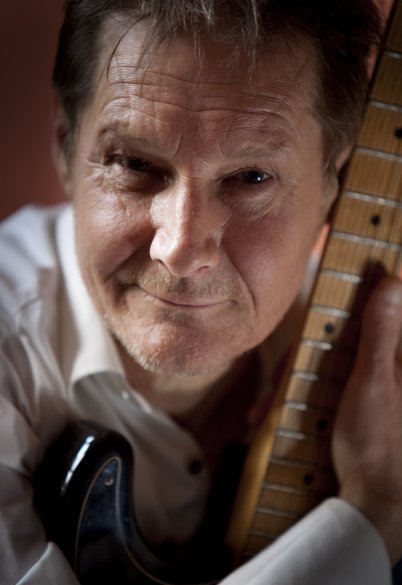 And finally, why do you think guitar synths never really caught on?
And finally, why do you think guitar synths never really caught on?
Quite simply Chi, I think that the technology had moved so rapidly then that you could use a regular guitar, with a few ‘bolt ons’, and pretty much do anything that a dedicated synth guitar could do.
Also a lot of guitar players who loved the ‘Synth Guitar’ idea didn’t really think that the instruments themselves were particularly good as guitars. That Roland G-77 looked really cool though, but they never made a left handed version, the c***s!
ELECTRICITYCLUB.CO.UK gives its warmest thanks to Jo Callis
Special thanks to Ian Ferguson
FINGER HALO featuring Jo Callis play the Classic Grand, 18 Jamaica Street, Glasgow G1 4QD on FRIDAY 15TH AUGUST 2014 alongside ANALOG ANGEL
https://www.facebook.com/pages/Jo-Callis/1387058038237166
https://soundcloud.com/projectfingerhalo
Text and Interview by Chi Ming Lai
30th July 2014

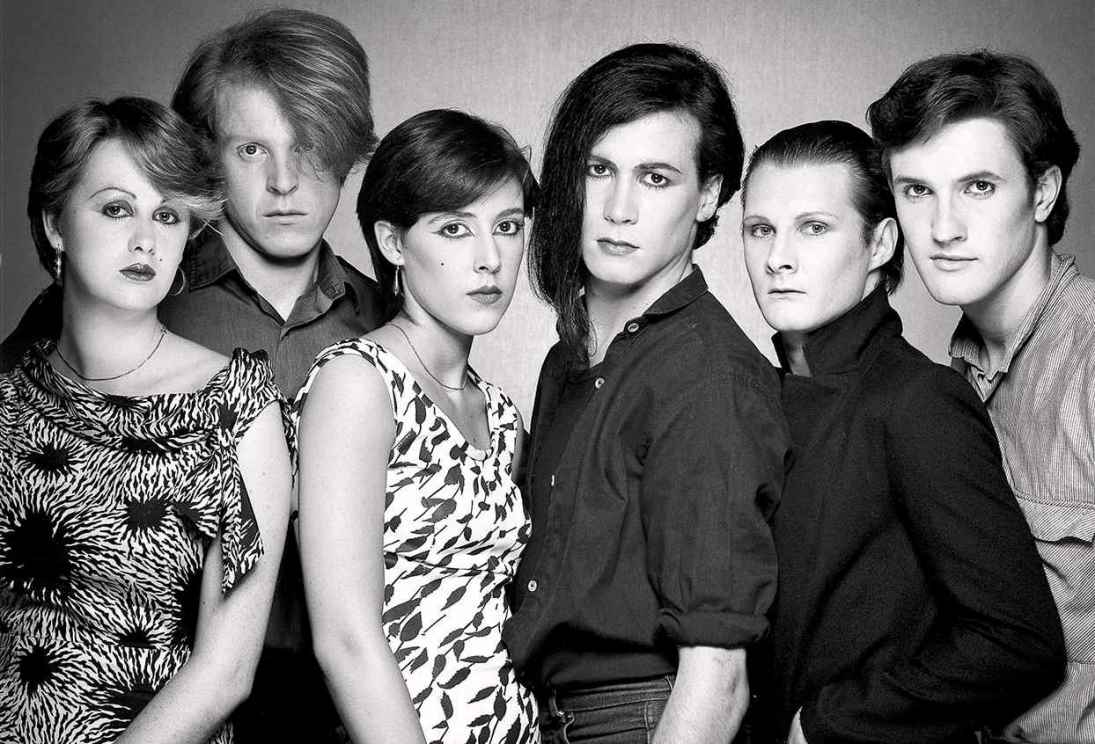
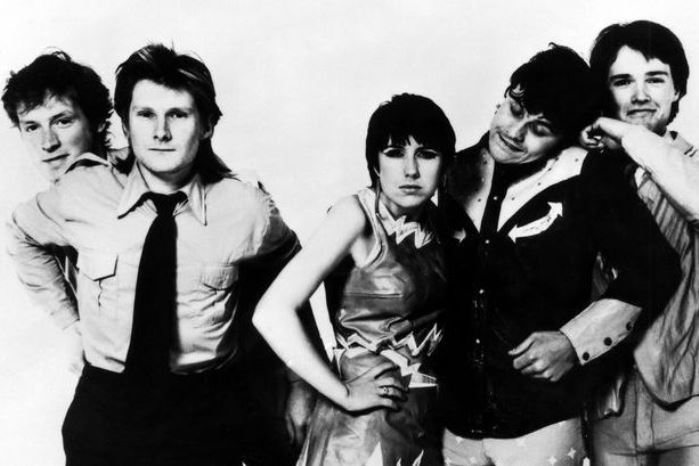
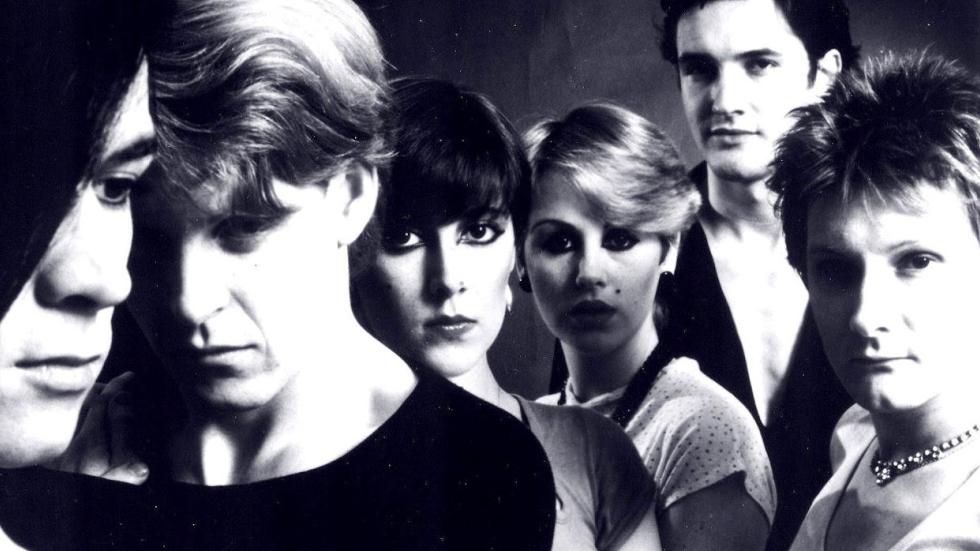
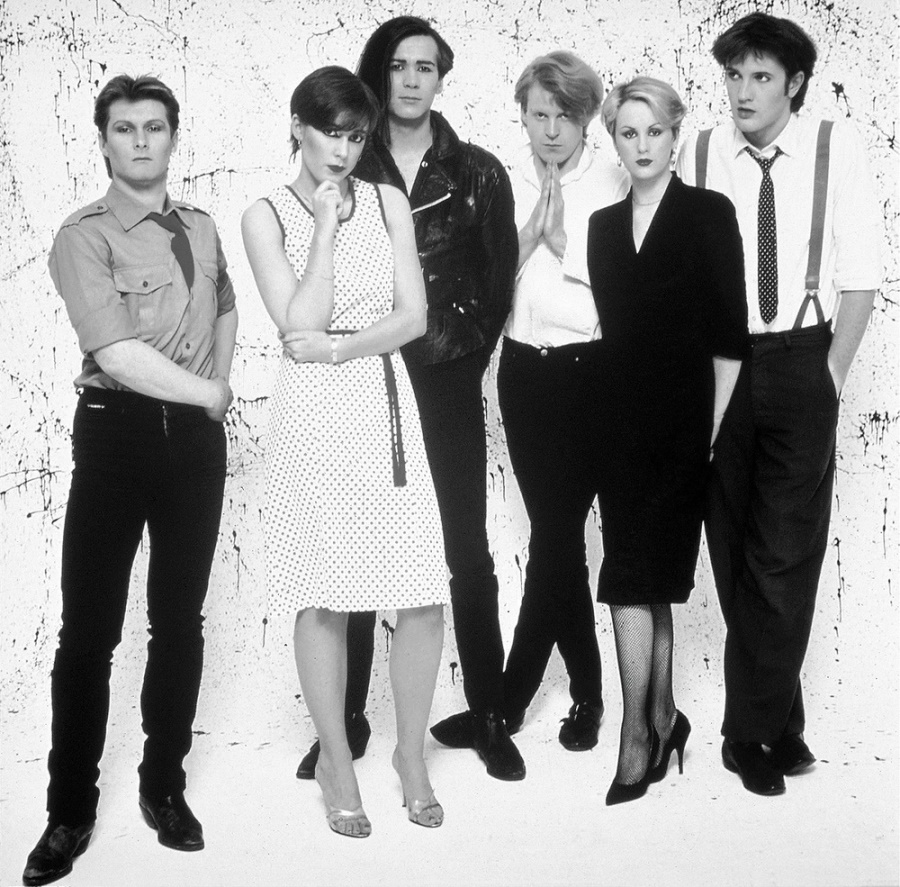
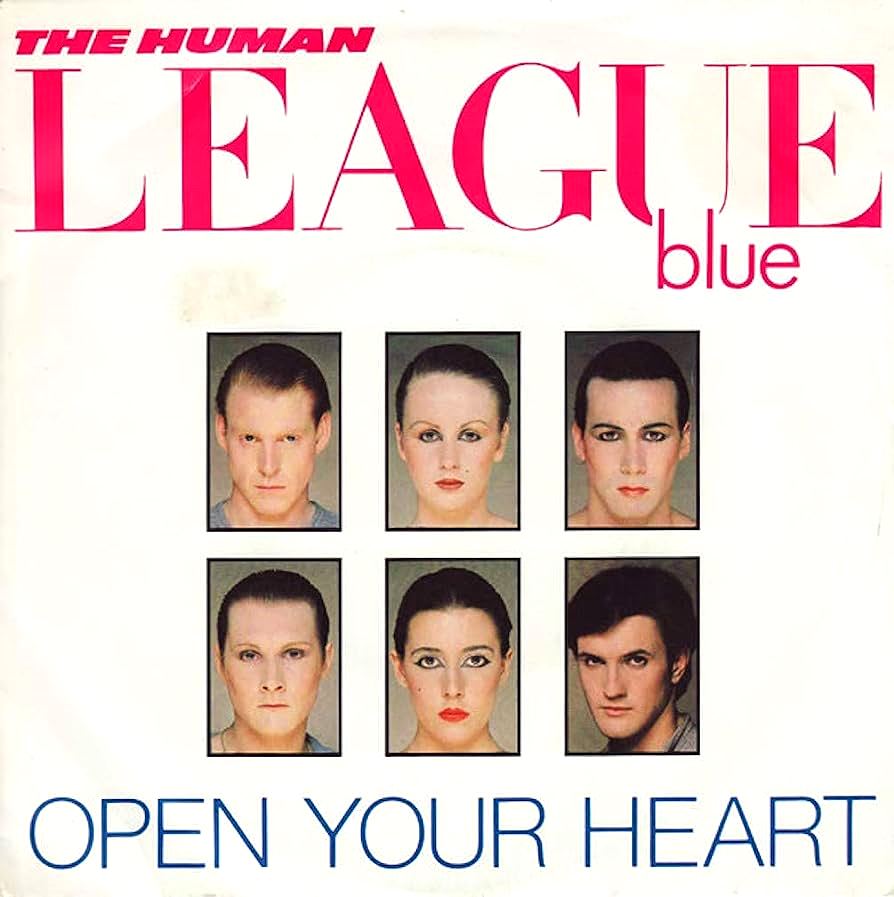
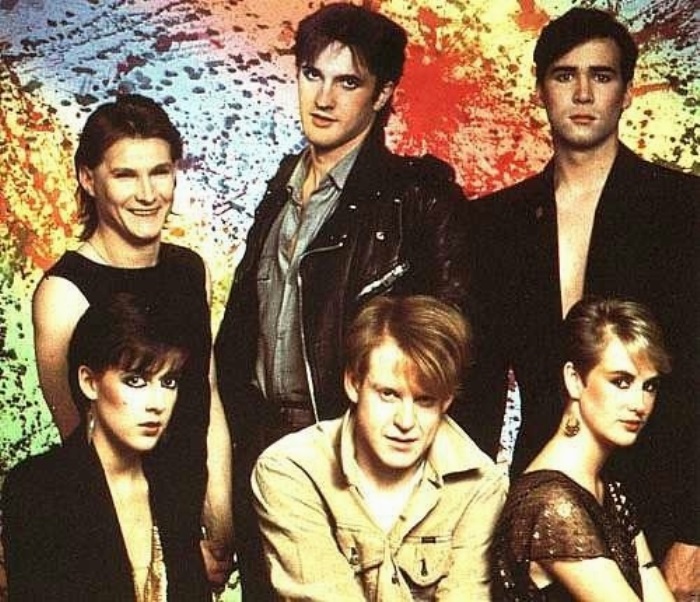
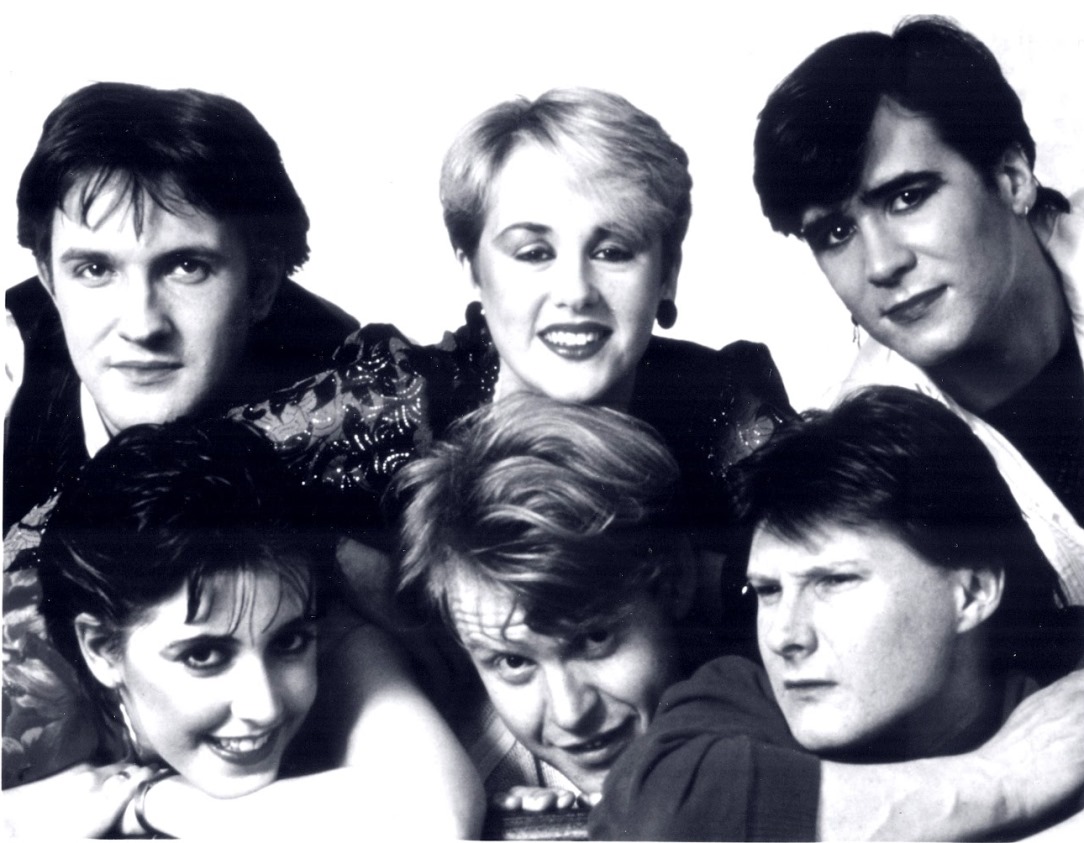
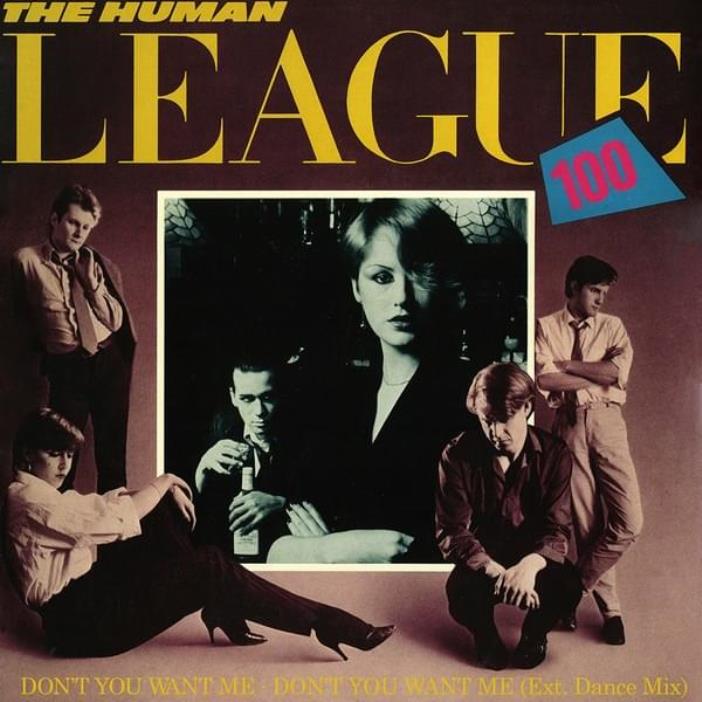
Follow Us!